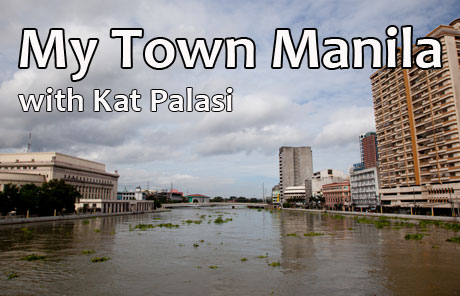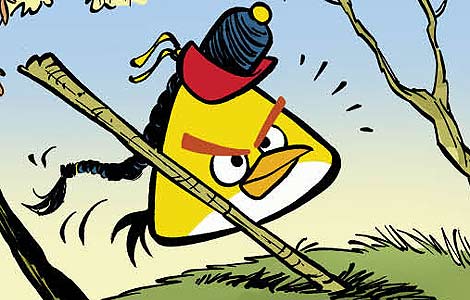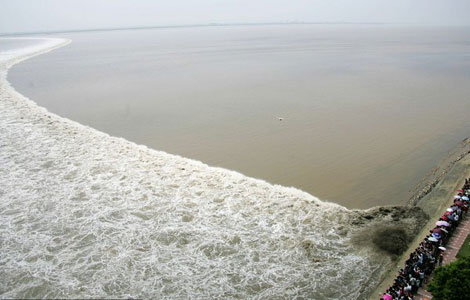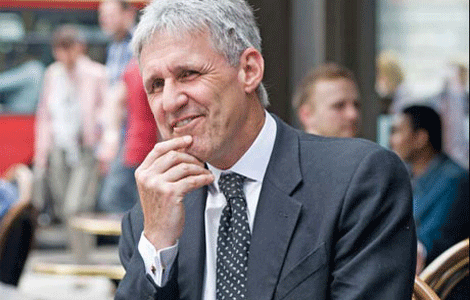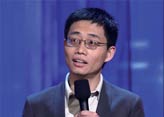Rowling among hacking inquiry figures
Updated: 2011-09-15 10:33
(Agencies)
|
|||||||||
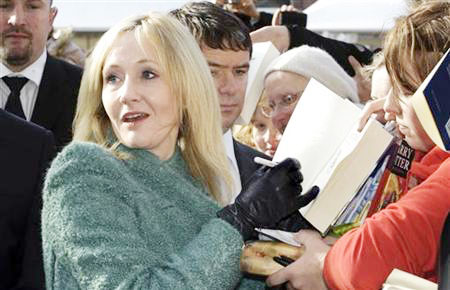 |
|
British author J.K. Rowling signs autographs outside Odense Concert Hall in Odense October 19, 2010.[Photo/Agencies] |
"Harry Potter" author J.K. Rowling and actor Hugh Grant will be among more than 50 "core participants" at a public inquiry into press standards set up after the phone-hacking scandal that has engulfed Rupert Murdoch's British newspaper arm.
They were among a list of politicians, celebrities and sportsmen who applied for the status and were included on a list announced on Wednesday by Brian Leveson, the senior judge who is heading the judicial inquiry.
All say they have either had their phones hacked or have suffered misreporting or unwarranted press intrusion into their private lives.
As core participants, they have a right to legal representation and to ask for questions to be put to witnesses, and can also submit closing submissions to the head of the inquiry.
News International, the British arm of Murdoch's News Corp which is at the center of the phone-hacking allegations, was also granted core participant status.
The inquiry was set up by Prime Minister David Cameron in July in the wake of the furor surrounding phone hacking allegations at the News of the World newspaper.
News International shut the paper down amid an outcry over claims journalists on the paper had paid investigators to hack into the voicemails of murder victims.
Among those named as core participants are former minister Tessa Jowell, former England soccer player Paul Gascoigne, actress Sienna Miller and the parents of murdered schoolgirl Milly Dowler.
London's Metropolitan Police force and media groups Northern and Shell Network, Associated Newspapers, and Guardian News and Media, which along with News International publish nearly all Britain's national papers, are also on the list.
An application by Rebekah Brooks, the former chief executive of News International and one of those to be arrested by police investigating the hacking allegations, was turned down.
Part one of Leveson's inquiry will focus on the relationship between the press and the public, and the relationship between media organisations, the police and politicians.
It will then look at the extent of wrongdoing by News International and other newspapers, and failures in an original police investigation into phone-hacking.
